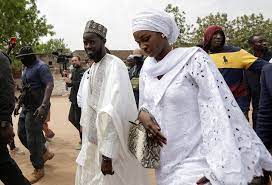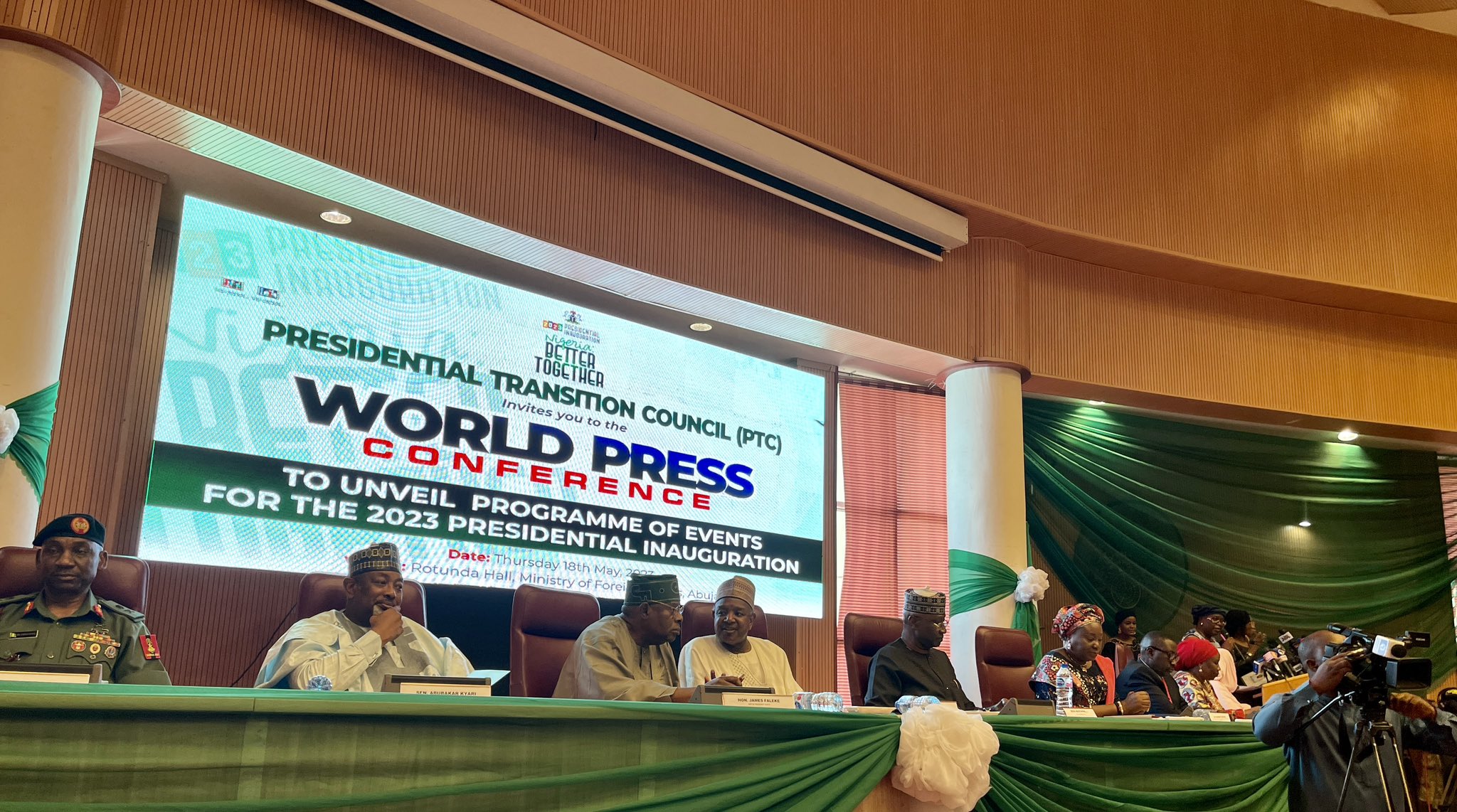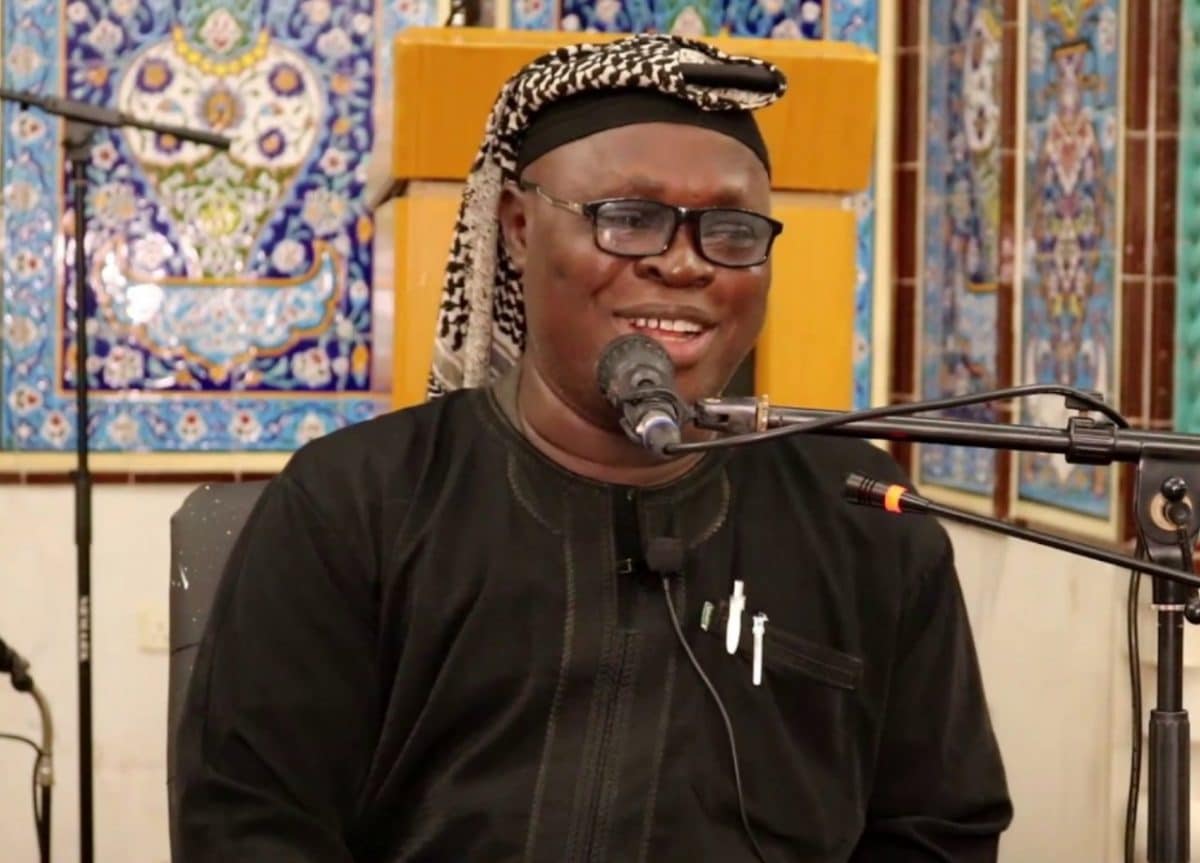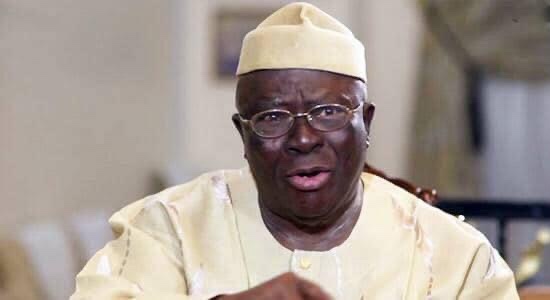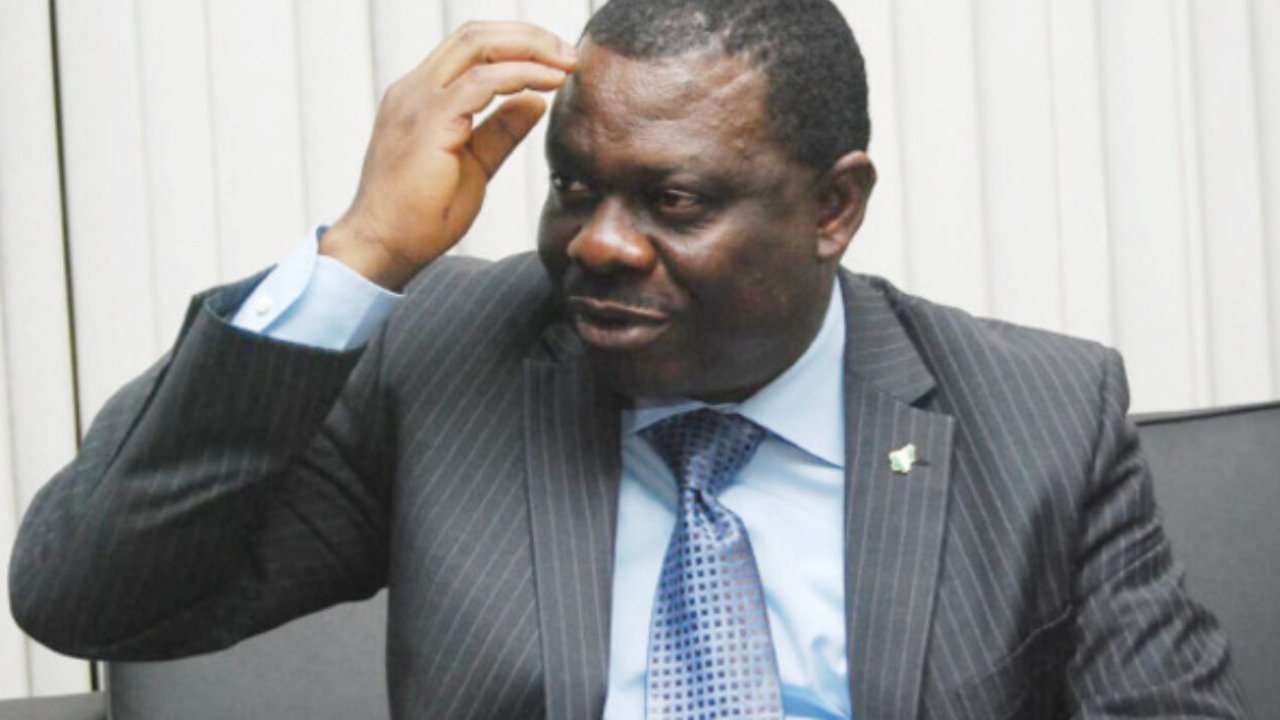By Racheal Abuja
Health experts define good nutrition as eating a balanced diet rich in vitamins and minerals to fuel the body with what it needs.
Good nutrition, therefore, means eating a balanced and healthy diet, with experts urging people to go for meals that have the nutrients, vitamins and minerals the body needs to function properly.
They always emphasise that a desirable world is one where people, especially children, have the nutrition they need to live healthy, productive lives.
This, they say, will help in nurturing families and communities and put the world on a path toward greater economic prosperity.
Indeed, good nutrition fuels the ambitions of children to go to school, readiness to learn, stay in school and go on to better jobs.
But, while many countries keep striving to boost the nutrition status of its people, Nigeria’s report card in that area is not flattering.
Good nutrition is a basic need for everyone, everywhere !
According to a recent UNICEF report, Nigeria has the second-highest burden of stunted children in the world, with a national prevalence rate of 32 per cent of children under five.
An estimated two million children in Nigeria suffer from severe acute malnutrition, but only two out of every 10 children affected are currently reached with treatment.
Seven per cent of women of childbearing age also suffer from acute malnutrition.
The 2021 Global Nutrition Report reveals that diets are not getting healthier, with unacceptable high levels of malnutrition affecting every country in the world, including those in the ECOWAS region, like Nigeria.
Dr Binyerem Ukaire, Director and Head, Nutrition, at the Federal Ministry of Health, admits that the country is contending with a huge nutrition challenge.
According to Ukaire, under-nutrition, micronutrient deficiency and over-nutrition, causing overweight and obesity, have been serious challenges to Nigerians.
She said that the government’s strategic response to the country’s nutrition challenges included the creation of an enabling policy environment for the National Food and Nutrition Policy.
She added that government’s response could also be boosted by developing Nigeria’s Global Action Plan (GAP) on waste reduction.
Dr Aboubacry Tall, Deputy-Rep, UNICEF Nigeria, equally acknowledges that Nigeria has the highest number of malnourished children in Africa.
Tall said that the burden of child food poverty, nutrition insecurity and malnutrition in West Africa remains high.
“Changes in the nutrition status of children in Nigeria means that we will change the narrative for the region and, ultimately, for the world.
“We know that this can be done; exclusive breastfeeding rates have increased in Nigeria,” he said.
He added that there was a need to leverage multiple financing for nutrition, noting that government needed to invest in food, health and social protection systems.
He said that indigenous companies should also be empowered to sell local solutions in the country.
Mr Douglas Akuba, Chief Executive Officer of Green Economy Alternative Africa, however, believes that significant progress has been made in the country,.
Akuba emphasised the urgent need to accelerate action, urging the incoming central administration to pay special attention to nutrition.
He argued that climate change was one of the greatest challenges facing all regions and had complex inter-linkages with both obesity and undernutrition.
“Diets are changing while the food system continues to be the contributor to greenhouse gasses.
“The connection between nutrition, the global food system, and climate change cannot be ignored by the incoming administration,” he said.
Vice President Yemi Osinbajo has also lent his voice to the issue.
Speaking to health experts recently, he said that aside from other key development indices, the lives of young people and the future of the country depended largely on the collective efforts by public and private sectors toward improving human nutrition outcomes across the country.
“If we do not make these efforts seriously, the sheer number of our children, whose mental and physical development would be stunted, willl be mind-boggling.
“I think that we must not allow a situation where, in the years to come, we shall be asking ourselves whether we could not have done better,” he said.
Emphasising the significance of having departments of nutrition in all relevant Ministries, Departments and Agencies (MDAs), the Vice President noted that there was the dire need to make nutrition a top priority.
“We must not lose sight of the fact that it is a historic responsibility for us and for coming generations that we do something significant, something that can be built on, for those who are coming behind us.
“We must all come together and work hard on this issue of ensuring that every MDA has a department of nutrition so that we can make individual impact and, of course, the collective impact that we need to make,” he said.
Osinbajo also stressed the need for the incoming administration to place nutrition at the top of its agenda.
“I had a meeting with the technical advisory group of the council and this was one of the issues that emerged – that we need to do something to ensure that the incoming administration sees nutrition as a priority.
“We have undertaken to ensure that the incoming administration is sufficiently sensitised through the transition council and through other formal and informal means,” he said.
Osinbajo identified the major contributory factors of malnutrition to include changing lifestyles and environments marked by rapidly changing dietary behaviour and lack of knowledge about dietary behaviours and food environments.
“As a matter of priority, this calls for more public awareness and strategic nutrition education interventions aimed at empowering the family, particularly the woman, for increased access to the family as the basic unit of human existence, to sustainable healthy diets from infancy to adulthood,” he said.
The Minister of Health, Dr Osagie Ehanire, has also spoken exrensively on this issue and emphasised the need for the political will and commitment that would drive the behavioural change.
Ehanire said that there was a need to focus on advancing the understanding of multi-sectoral approaches in the implementation of nutrition interventions for sustainable access to nutritious, safe and affordable diets.
Mrs Maimuna Abdullahi, an expert on nutrition, has also called for investments into quality nutrition to ensure a more productive workforce and thriving economies.
Abdullahi, a health economist, said that nutrition fuels the Sustainable Development Goals (SDGs), adding that averting malnutrition would help achieve at least 12 of the 17 SDGs and also help create a healthy, prosperous and stable country in which no one is left behind.
She advised the incoming administration to invest in nutrition to enhance growth and development:
““For every one dollar invested in nutrition, 16 dollars is returned to our economy.
“It will signal the beginning of a new race toward a healthier, better-nourished future; a race toward ending malnutrition in all its forms in the country.
“This requires ensuring that all Nigerians, including the most vulnerable, have access to safe, affordable and nutritious food by 2030, as called for by the SDGs,” she said.
As President-elect, Sen Bola Tinubu, prepares to take charge on May 29, analysts say that he must make quality nutrition the main thrust of his health policy.
They emphasised the link between nutrition and the well-being of Nigerians and urged Tinubu to take advantage of this nexus to set Nigerians on the right path to a healthy growth.
NAN

